With my recent fall, hospitalization, and orthopedic trauma surgery, I found myself both annoyed and amused at how the human medical staff often treated me like a VERY old lady. They even sent a social worker to ask me about my normal life, before the injury, such as if I could do things like bathe and dress myself, cook and feed myself, etc. Giggle-snort. I mean, yes, I'm kinda old, but I'm not THAT old. So this work from the Dog Aging Project at Texas A&M University to find ways to identify frail dogs caught my attention since chronological age alone isn't an effective enough predictor in assessing the health and potential risks as our dogs age. Based on frailty scales created in human medicine, these veterinary researchers promote similar strategies for our dogs. I also wax a little thoughtful on the idea of life-space.
Frail Dogs? What Do We Mean?
Basically, the idea of frailty is more like a syndrome rather than a disease process. The published paper called "A review of frailty instruments in human medicine and proposal of a frailty instrument for dogs" explains that frailty is "characterized by loss of physiologic reserves leading to decreased resilience to stressors, is of critical importance because it predicts higher risks of poor health outcomes, including mortality."
Frail dogs with various factors indicating frailty may or may not have relevant health conditions, so think of it as "states of decline or loss of function which can emerge without any corresponding diagnosis of disease."
The paper goes on to describe frail dogs with less resilience and various factors that lower their physical and emotional reserves. Frailty is thought to develop due to "dysregulation of multiple physiologic systems."
For example, our VERY old boy, GINKO, did develop some heart and neurological issues in his old age, but toward the end of his life, he simply began to fail in several ways, including losing weight and strength. See how his hind end droops in this photo below. (Yes, that's a baby Tori next to him.)
Frail Dog Factors
The veterinary researchers want to develop a system of frail dog assessment that goes beyond Quality of Life scores already in use. By looking at various frailty measures in people, they outlined some similar points of evaluation that might help us recognize and measure when our dogs begin to be frail, including:
- Body condition score
- Thigh girth deterioration
- Unintentional weight loss
- Gait speed
- Ability to climb stairs
- Willingness to participate in customary activities such as walks
Their goal is to develop a 3-tier system of assessment that work together:
- Questions for the dog's family
- A scale veterinarians use in daily practice
- A triage scale for emergency veterinarians and specialists
In addition, the researchers say, "To ensure that this instrument will be accessible to most veterinarians and owners, it must be easy to use, low-tech, low-cost, and of reasonable length (ideally less than 15min for completion)."
They truly hope to develop a frailty scale for dogs that does NOT require blood work or other diagnostic tests.
The Dog Aging Project team is also looking at ways to measure speed, strength, and cognitive levels. For example, they want to evaluate frail dogs moving across flat surfaces both on and off leash. They want to watch them climb or come down stairs. They may even use pressure-sensing chew toys or tug toys that could measure dogs' strength. One possible cognitive test may measure if dogs can find food items shown to them earlier after varying length of delays before being asked the locate the food again.
Why Understanding Frail Dogs Matters
Once caning frailty gets detected, then it's likely susceptible to intervention to make dogs less frail and more resilient, including maybe even creating programs that families could follow to reverse their frail dogs' decline.
I purchased a webinar recently in a similar topic, and I've adjusted my dogs' supplements and exercise plans a bit now that 2 of the 3 are considered senior dogs. Yay!
In addition, people who interpret their dogs' health risks by chronological age ONLY may over estimate the situation and be more likely to choose euthanasia or choose to skip surgery, forgo treatments, etc. in older dogs. Because euthanasia is an option in veterinary medicine (unlike human medicine, for the most part), the paper says, "Thus, veterinary medicine is uniquely impacted by the need to provide accurate prognostic information and to combat assumptions of poor prognosis based on age alone, because perceived poor prognosis can lead to elective euthanasia."
The Idea of Life-Space
The paper talks about a concept in human gerontology called life-space, which basically means the environmental factor that "measures the geographical space in which a person's life takes place." That jumped at me because when my mom became terminally ill and her life got smaller and smaller I really struggled with the amount of space allotted to her -- first in assisted living and later in skilled nursing as her neurological condition affected her mobility more and more. I often lamented that it wasn't enough space to live in ... and instead was barely enough space in which to die.
With frail people, those who have larger life-spaces experience a better quality of life than those with smaller life-spaces. Sure seems to me that the same may be true for dogs. Yes?



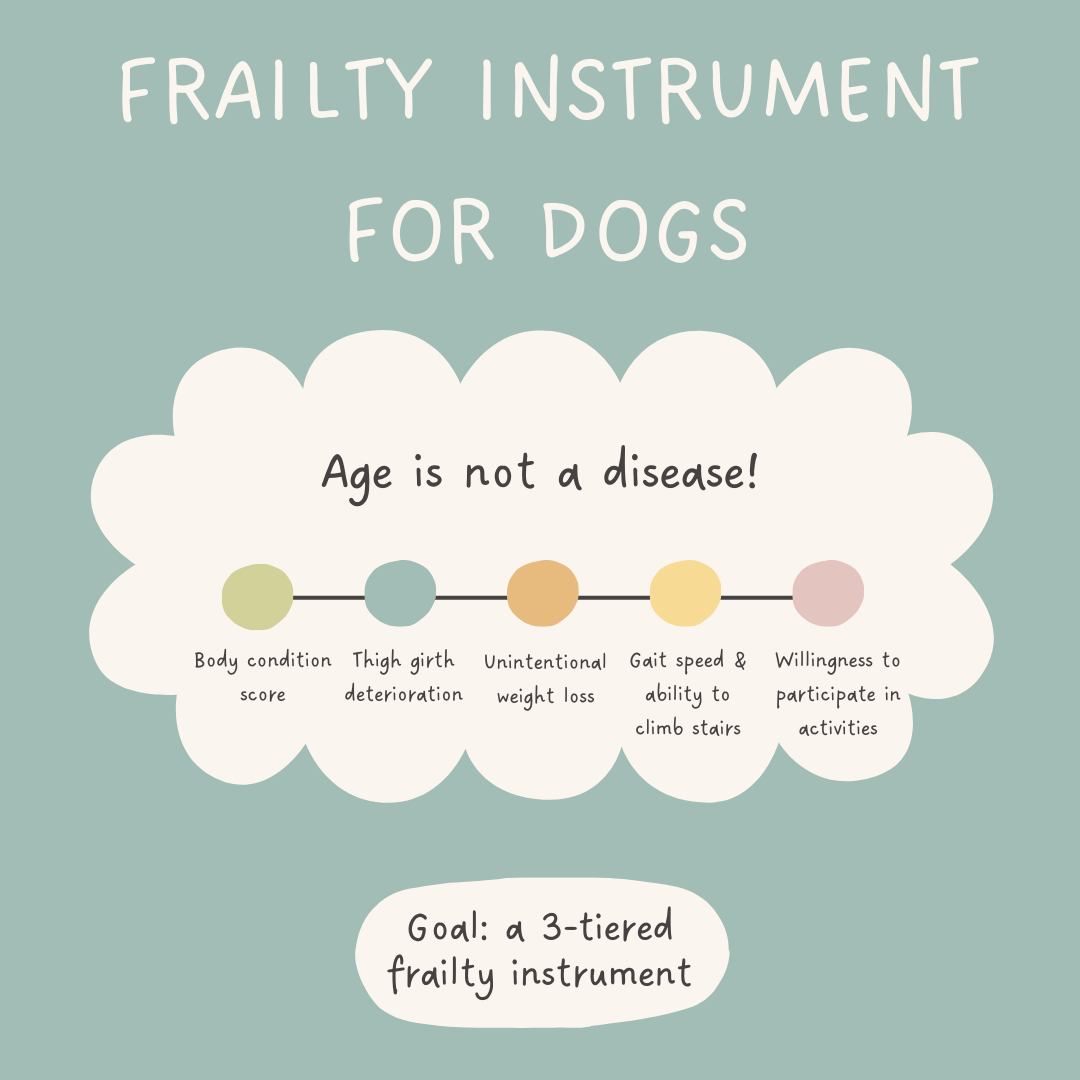
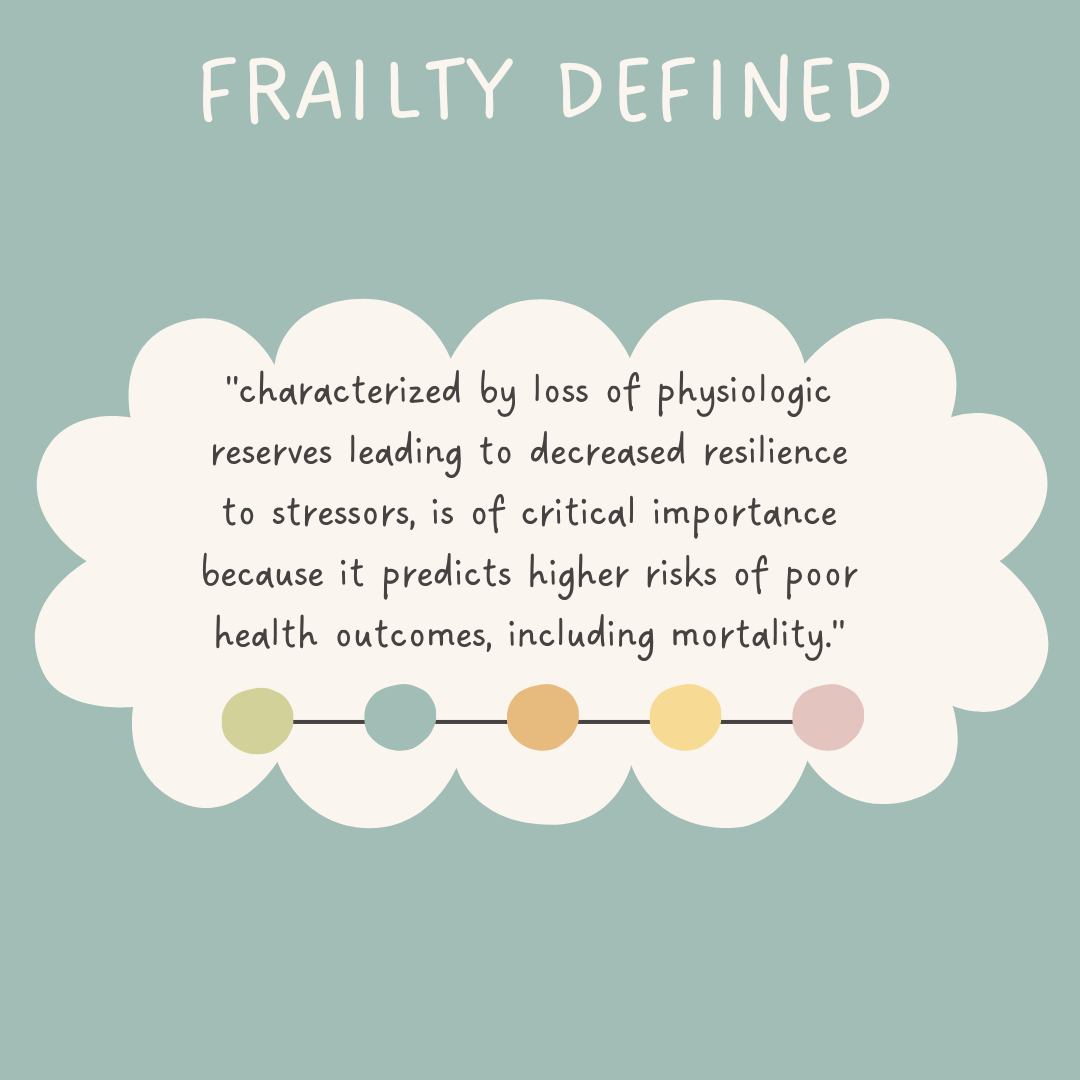
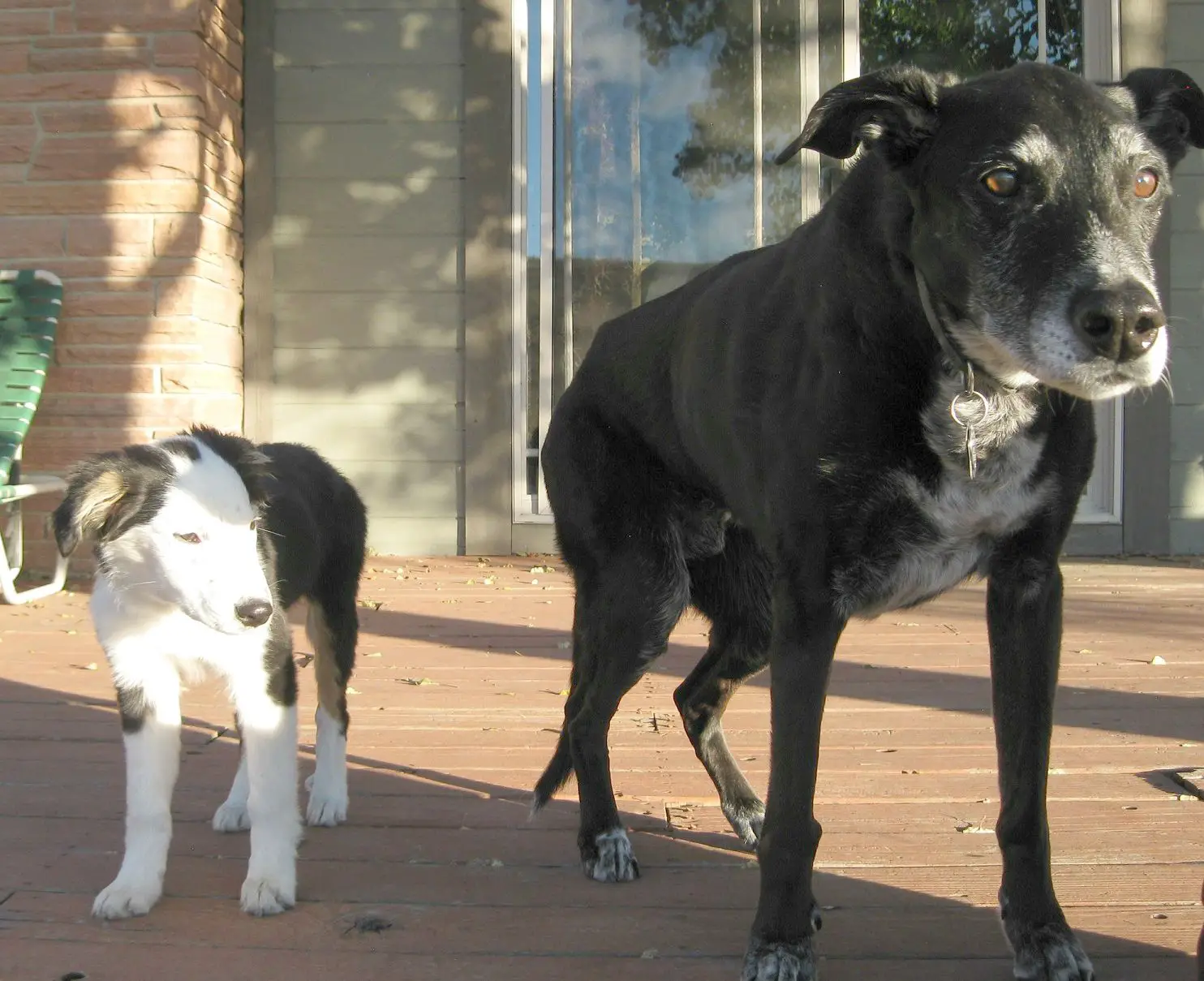
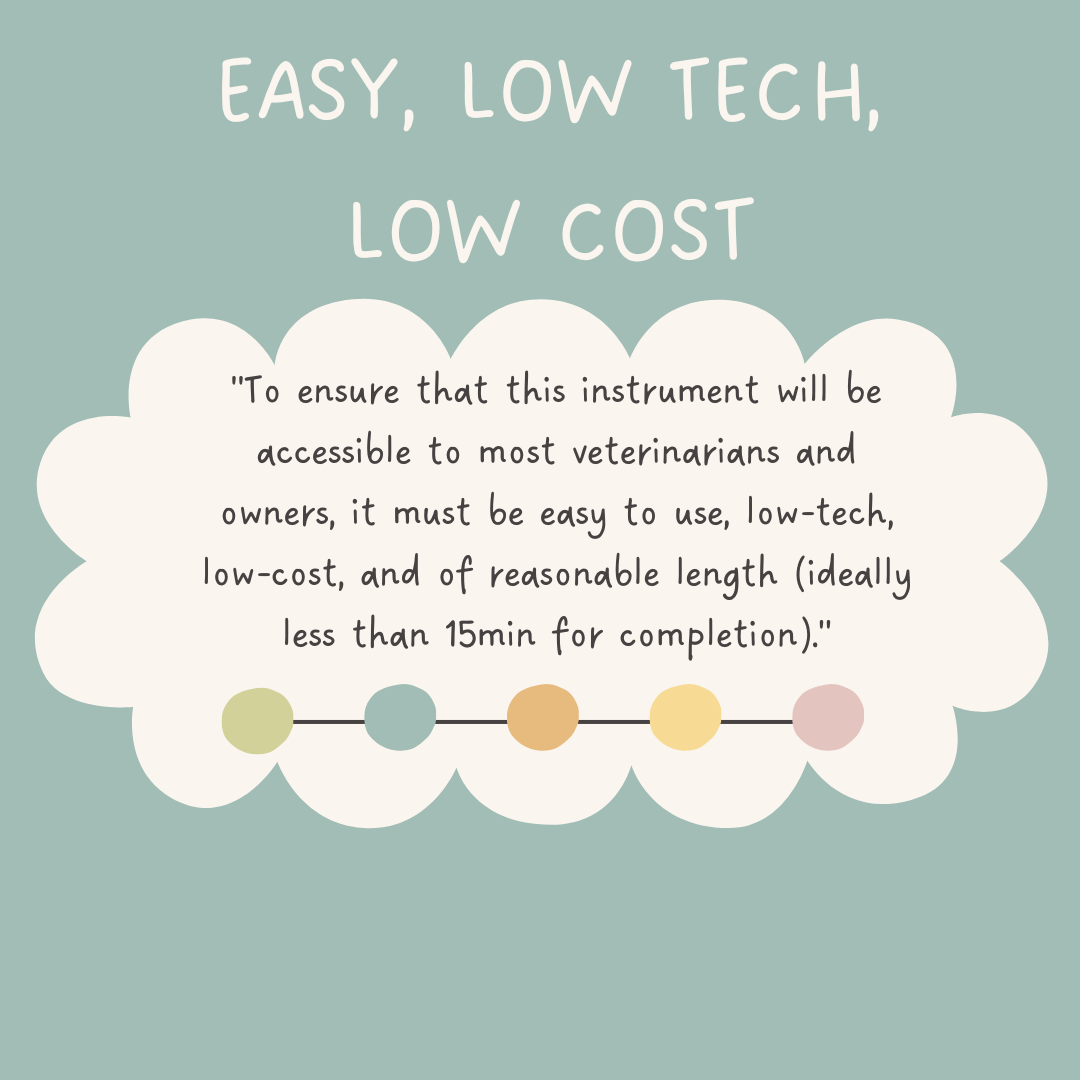
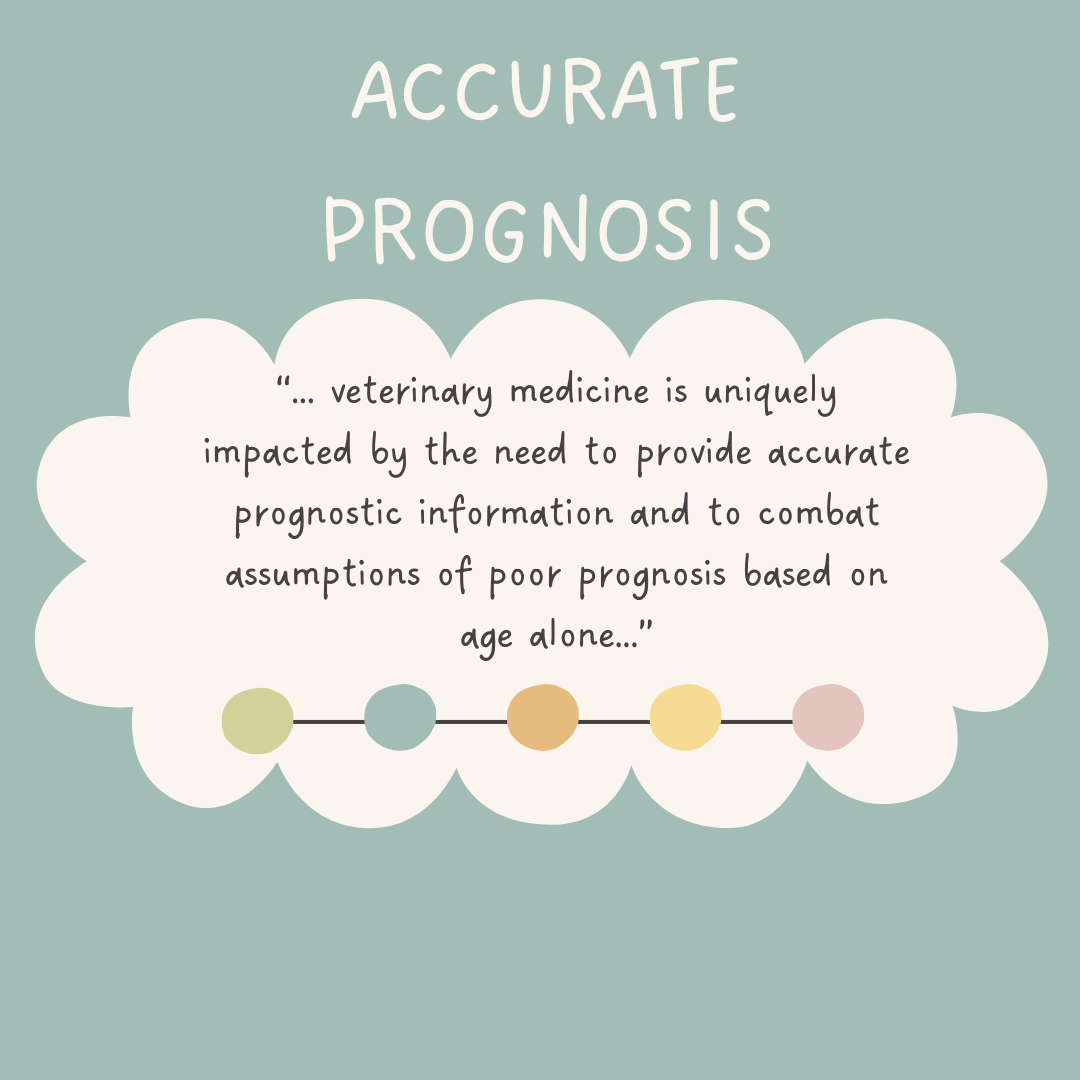

0 comments